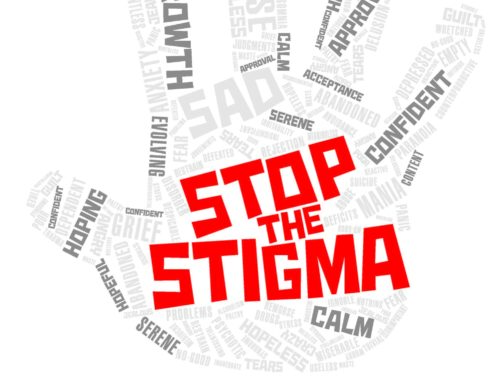One of addiction recovery’s most powerful elements is self-discovery. For many, addiction can obscure your true identity, making it difficult to recognize who you are without the influence of substances. Embracing your true self is essential to this process, allowing you to live authentically and build a sustainable recovery plan.
Rediscovering Your Identity in Addiction Recovery
In active addiction, it’s common to mask feelings and misuse substances to cope with anxiety, depression, or other challenges. Over time, this can create a disconnect from your true self. Recovery often begins with exploring basic questions:
- What do I like to do without substances?
- What makes me happy?
- What are my values and purpose?
Self-discovery involves reconnecting with the fundamental parts of your identity. It’s identifying what truly matters to you — your relationships, passions, and goals. For some, this means revisiting interests or hobbies that were abandoned during addiction. For others, it means trying new things.
This exploration is about finding joy and embedding these elements into a recovery plan that feels personal and meaningful.
Overcoming Obstacles to Self-Acceptance
Self-acceptance doesn’t come easily for everyone. Addiction often reinforces harmful beliefs of feeling unworthy. These internalized stigmas can hold people back from embracing who they are and living authentically. Addiction often demands so much focus on surviving day-to-day that there’s little time to explore personal identity. This lack of self-knowledge can feel daunting, but it’s also an opportunity to start fresh and define yourself in new, empowering ways.
Tools for Self-Discovery in Addiction Recovery
Various tools and practices can guide self-discovery:
- Values Clarification: Take time to identify what truly matters to you. What roles, relationships, or activities bring you energy and purpose?
- Mindfulness Practices: Meditation, yoga, or even deep breathing exercises can help you reconnect with yourself and explore your thoughts and feelings without judgment.
- Journaling: Writing can be a powerful way to reflect on your experiences, uncover hidden beliefs, and track your growth.
- Exploration of Interests: Try new activities, revisit old hobbies, or join a group that resonates with your values. You might discover a passion you didn’t know you had.
Support systems are also crucial. Peer groups, sponsors, recovery coaches, or therapists can provide encouragement, accountability, and insights as you navigate this process.
The Connection Between Authenticity and Long-Term Recovery
Living authentically is essential for sustaining long-term recovery. Addiction often forces individuals into patterns of secrecy or inauthenticity, which can be exhausting and isolating. Recovery is a chance to align with your true values and create a genuine and fulfilling life.
A personalized recovery plan plays a vital role in this process. While connection is a common thread, the specifics should reflect your unique interests and identity. For some, this might involve holistic practices like fitness, nutrition, or mindfulness. For others, it could mean engaging in creative pursuits or giving back to the community.
By aligning your recovery plan with your authentic self, you create a foundation for resilience and purpose.
Acknowledging the Struggle
If you’re finding it difficult to embrace your authentic self, remember this: you are more than your addiction. Addiction might feel like it defines you, but it is only one part of your story. Take time to reflect on the person you are — the roles you play, your values, and the experiences that make you unique.
Embrace Your True Self
It can also help to reframe your struggles as strengths. The challenges you’ve faced in recovery might be the things that allow you to inspire and support others, create meaningful art, or build a purposeful life.
The journey to self-acceptance may be challenging, but it is also deeply rewarding. Take the first step; your true self is worth discovering.
If you or a loved one are struggling with addiction or co-occurring disorders, call the New England Recovery Center today at 1-877-MyRehab.










